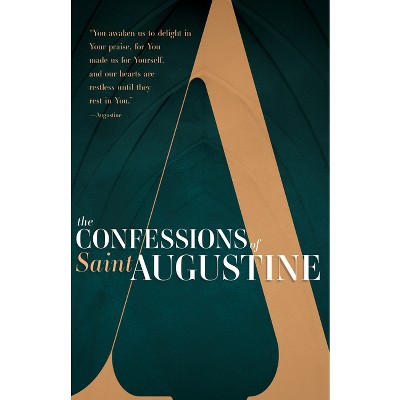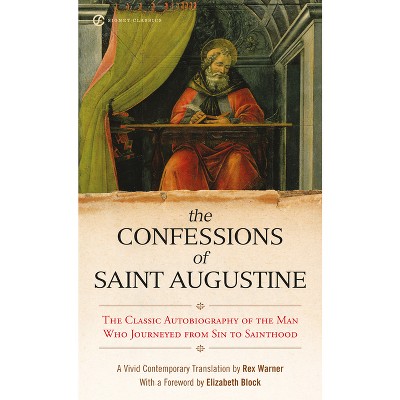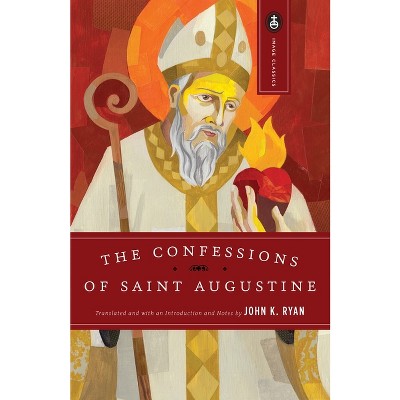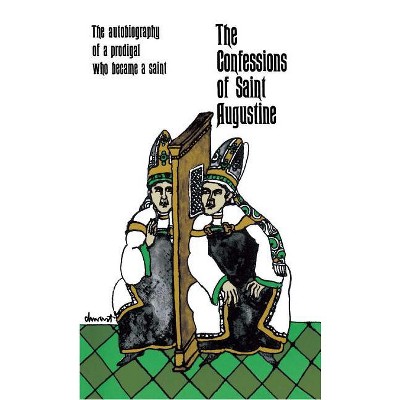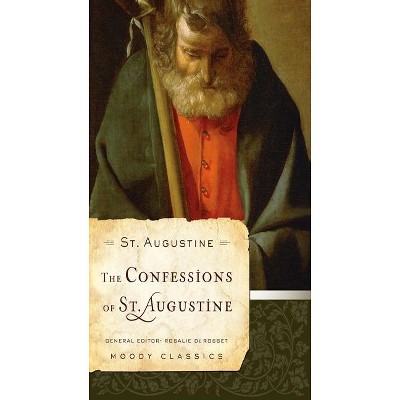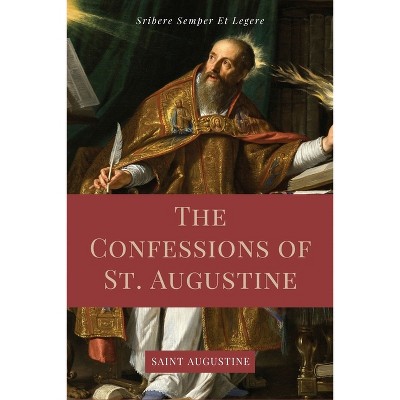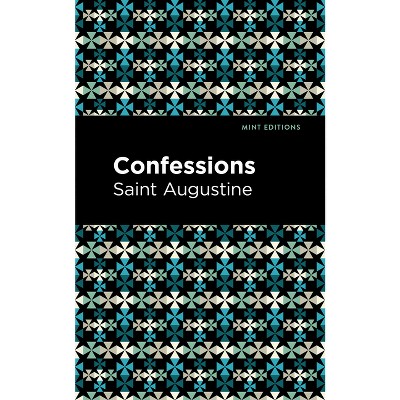The Confessions of Saint Augustine - (Collins Classics) (Paperback)

About this item
Highlights
- HarperCollins is proud to present its incredible range of best-loved, essential classics.Confessions describes Saint Augustine's conversion to Christianity and is the basis for his reputation as one of Christianity's most influential thinkers.
- About the Author: Saint Augustine of Hippo was born in Thagaste, present-day Algeria, in 354 AD.
- 352 Pages
- Religion + Beliefs, Christianity
- Series Name: Collins Classics
Description
About the Book
HarperCollins is proud to present its incredible range of best-loved, essential classics.
Book Synopsis
HarperCollins is proud to present its incredible range of best-loved, essential classics.
Confessions describes Saint Augustine's conversion to Christianity and is the basis for his reputation as one of Christianity's most influential thinkers.
From the Back Cover
Faith is to believe what you do not see; the reward of this faith is to see what you believe
As a young man, Saint Augustine was torn between conflicting world-views: born to a pagan father and Christian mother, he lived a hedonistic life as a traveller and a scholar until he converted to Christianity at the age of 31. Just five years later, he was ordained as a priest.
His Confessions are a remarkably honest autobiographical account, documenting his life before and after this spiritual enlightenment, and includes his philosophies on salvation and divine grace, the doctrine of original sin, and his foundation for the 'just war' theory.
This patron saint of theologians, Saint Augustine is regarded as one of the most important figures of the Latin Church, and many of his prayers and meditations are still an integral part of the practice of Christianity today.
About the Author
Saint Augustine of Hippo was born in Thagaste, present-day Algeria, in 354 AD. A theologian and philosopher, his writings, including Confessions and The City of God, have left an enduring legacy on Christian thought. He is recognised as one of the Latin Fathers of the Church and as a Roman Catholic Doctor of the Church.
